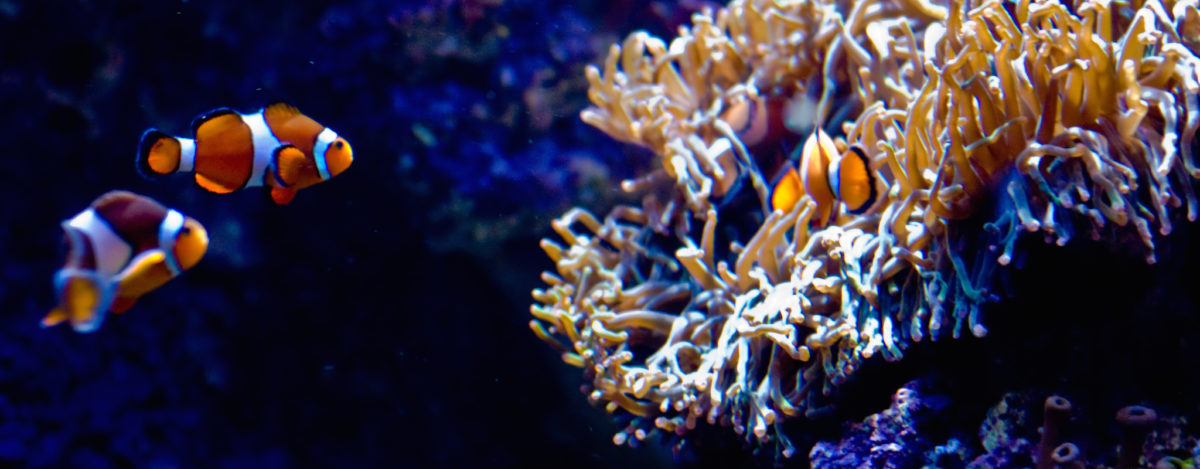Finding Isa
Marlin: Now, what’s the one thing we have to remember about the ocean?
Nemo: It’s not safe.
Marlin: That’s my boy.
Almost four years ago I began perfecting my type 1 diabetes elevator pitch. For four years I’ve been trying to figure out the best way to explain to others what our daughter’s incurable autoimmune disease is … and what it is not. For four years I’ve searched for just that right moment—usually when I see eyes sizing up the medical devices on Isa’s tiny toddler frame—to get out the perfect combo of medical terminology and “but she’s just like other kids … okay, well, not really … but she is!” And not matter how “normal” we try to make Isa’s life —or how perfect my pitch—every new acquaintance will view her as anything but that.
And I become Marlin.
We moved to a new city this summer. The neighborhood kids greeted us the first night and the joy on the faces of our trio was priceless. They had their new people and all worries of change flew out the window. Except for mine.
That week a knock at our door and an invitation for the kids to come over to play ended with Max waving as he skipped down the street, and Isa in tears asking, “Why can’t I go???”
Because I had become Marlin.
I looked at that tear-streaked face and I couldn’t bring myself to say it. I couldn’t bring myself to tell her that we couldn’t send her and her bag of medical devices and supplies to our unsuspecting new neighbor’s house. I couldn’t tell her that maybe they wouldn’t be okay with the responsibility of having her under their watch. I wasn’t able to share with her my fear that one of the kids might make fun of her and how I wasn’t ready to handle that. I couldn’t say that what was a kind gesture from a new neighbor had filled me with guilt, anger and sadness.
I was Marlin. The ocean isn’t safe and I wanted to protect her.
A few days later the neighbor kids were back with another invitation to play. The tears began before we even opened the door as Isa looked at me with a face that made it clear she knew. She knew why she’d be staying home again. I didn’t need to tell her. She looked at me and said in a quiet voice, “Mom, please?” At that moment my hatred for this disease was more than I could ever remember. My eyes welled up and I looked at my husband, Greg, and said, “I can’t.”
He opened the door and as I stood out of sight in the kitchen, hiding my wet eyes, I could hear our neighbor say that his kids had told him that Isa had type 1 diabetes. He told Greg that she was welcome to come over and play if we showed him what he needed to know. And that was it.
I had been wrong.
I looked out the window at Isa as she sped off on her bicycle to the neighbor’s house—her purple type 1 diabetes (T1D) supply bag slung over her little frame—and I knew she would be okay. I realized in that moment that the ocean doesn’t have to be unsafe. We don’t have to assume that everyone will look at our little girl as a challenge or an inconvenience. We always say that her disease doesn’t define her, so why do we assume others will only see type 1 diabetes when they look at her?
Someday Isa’s ocean will be much more vast and its depths, unknown. I want her to feel safe and the only way that will happen is if we let her know that there are good fish out there to help her. Lots of them.
Read more from Kristina Dooley: Guilt and Losing Sight.





